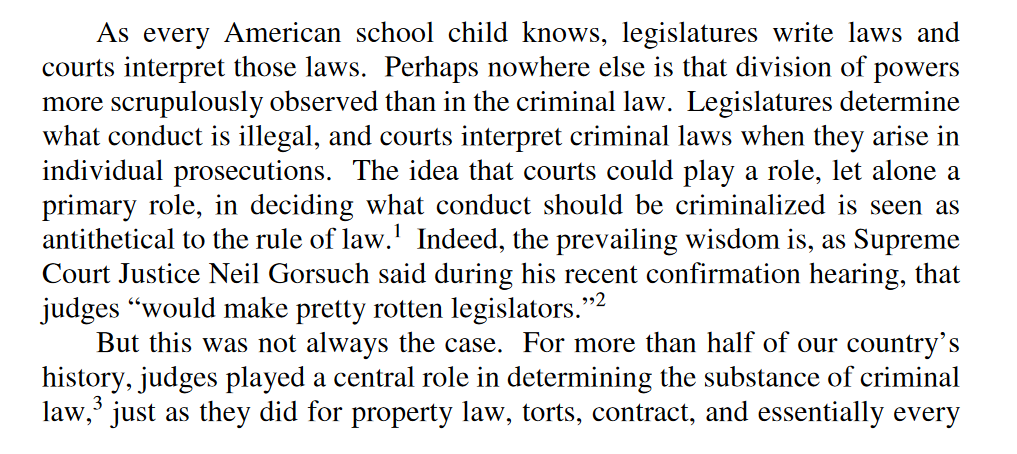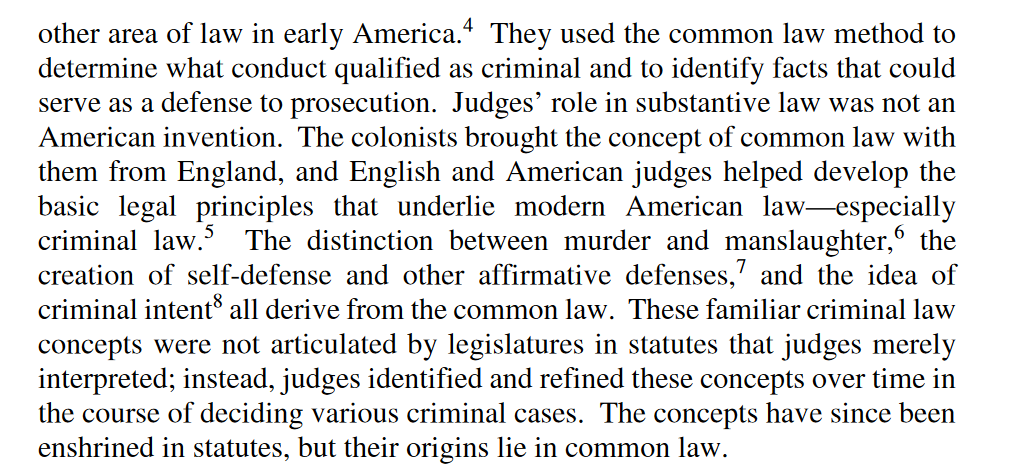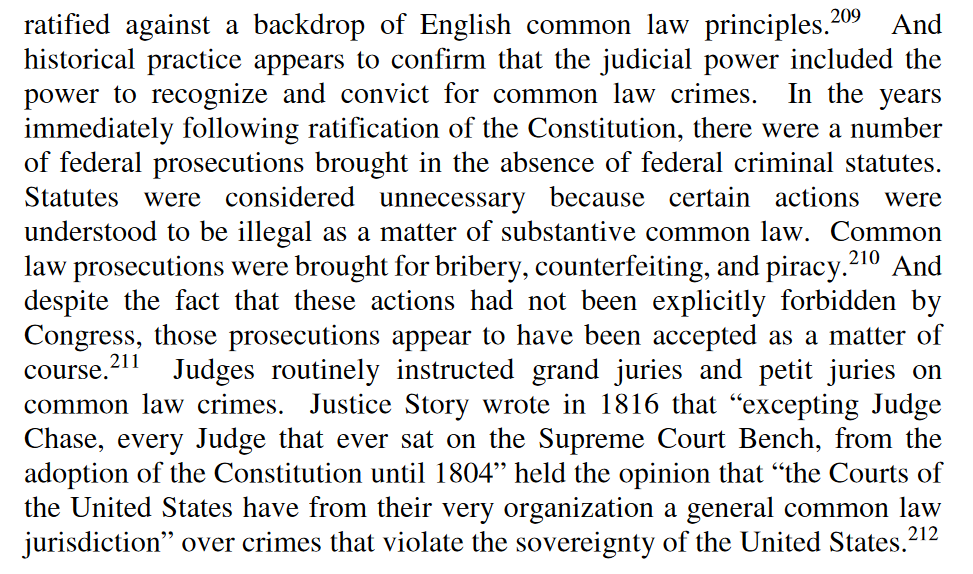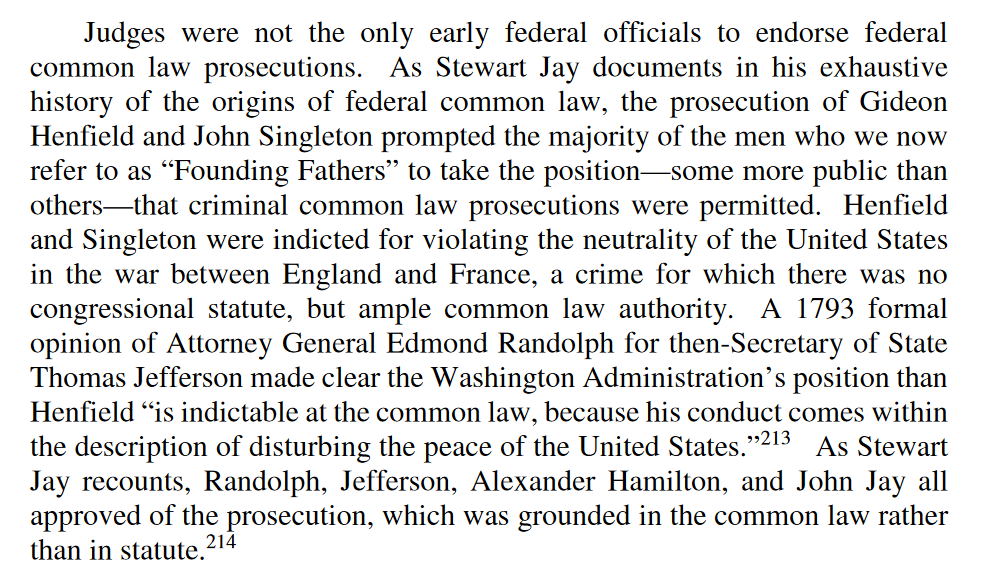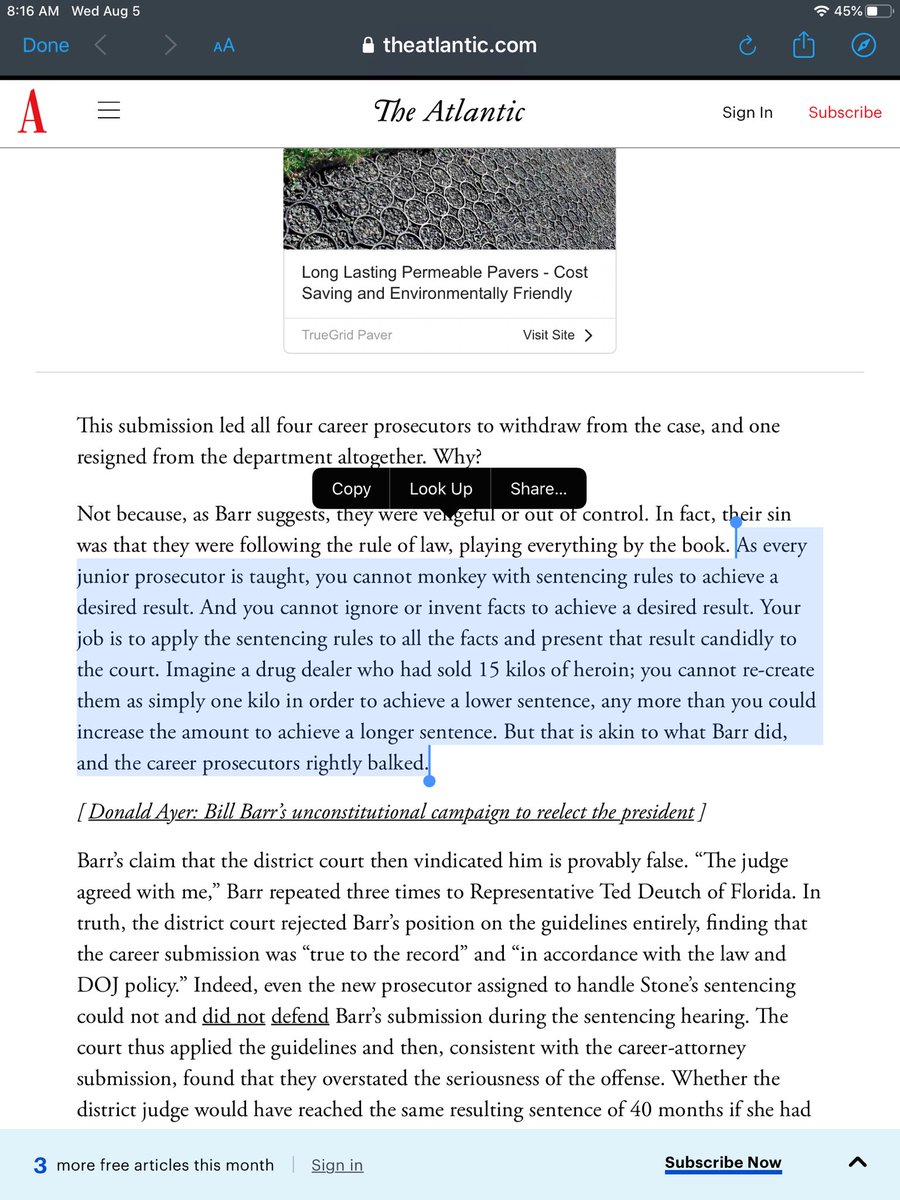
Fascinating @rachelweinerwp article about the court battles of a judge in Alexandria who is being sued by both the local prosecutor and the local public defender.
washingtonpost.com/local/legal-is…
washingtonpost.com/local/legal-is…
The judge and the local prosecutor @parisa4justice are clashing, in part, because VA gives prosecutors less control over charging decisions than a lot of other states. For many crimes, police make charging decisions, and prosecutors have to move to dismiss.
A bill was introduced in the VA legislature that would have changed this arrangement, giving VA prosecutors more power to dismiss charges without having a judge weigh in.
It looks like that legislation stalled. Do folks in VA know more? lis.virginia.gov/cgi-bin/legp60…
It looks like that legislation stalled. Do folks in VA know more? lis.virginia.gov/cgi-bin/legp60…
Whoops --- actually the story says that the Governor just signed legislation. So I guess there must have been more than one bill on the topic. 

In any event, the judge, Daniel S. Fiore, is taking fire for some of his actions. His approval ratings with local lawyers is lower than other local judges.
And while he has some defenders, I question this particular defense of Fiore. His complex lit background??
And while he has some defenders, I question this particular defense of Fiore. His complex lit background??

As someone who studies the structure of the criminal justice system--in particular the balance of power between prosecutors and judges--I have a hard time seeing how a complex lit background would aid in answering those questions.
These are con law & local government questions.
These are con law & local government questions.
I sum, this is a very tricky issue. Some of the same questions are at play right now in the Flynn case.
The @washingtonpost did a good job covering it --- I see the reporter even got a quote from @hashtagblevin
It must be nice to have WaPo as your local newspaper!
The @washingtonpost did a good job covering it --- I see the reporter even got a quote from @hashtagblevin
It must be nice to have WaPo as your local newspaper!

• • •
Missing some Tweet in this thread? You can try to
force a refresh

